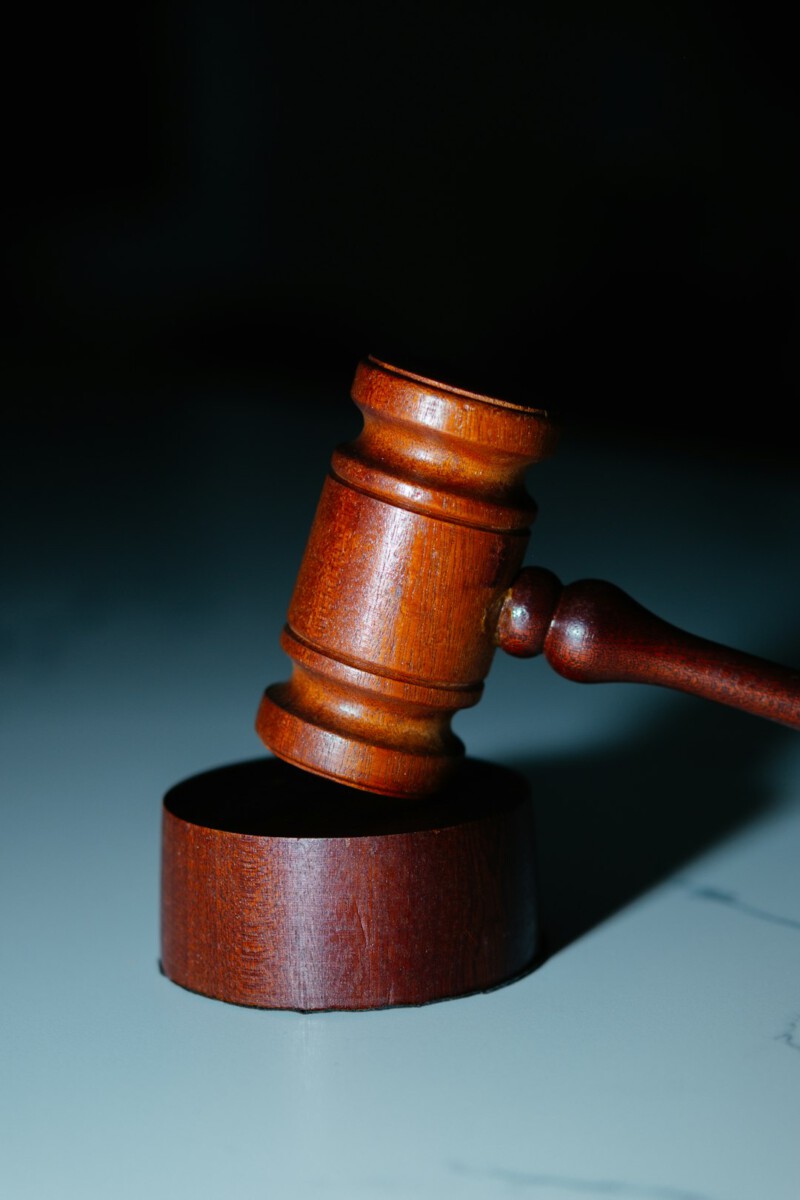A Surprise Twist in the Legal Fight (Image Credits: Unsplash)
In the hushed tension of federal courtrooms across the country, a single word hangs heavy, shaping arguments that could redefine presidential power amid swirling protests.
A Surprise Twist in the Legal Fight
Picture this: lawyers poring over dusty legal tomes while judges lean in, all because one term could make or break a major policy move. That’s the scene unfolding now with President Trump’s decision to send National Guard troops into cities like Los Angeles and Portland. Courts are buzzing over whether these actions fit under laws meant for real emergencies.
The core issue boils down to the Insurrection Act, a rarely invoked piece of legislation from 1807 that lets the president deploy forces to handle domestic unrest. Trump has pointed to it, claiming threats justify the troops. Yet critics argue the situations on the ground – mostly protests against immigration policies – don’t meet the bar for what the law demands.
Legal experts note this isn’t just semantics. Past uses of the act, like during the 1992 LA riots, involved clear violence that overwhelmed local police. Today, the deployments face swift challenges, with judges questioning if political pushback equals a crisis severe enough for military involvement.
Breaking Down the Insurrection Act
This old law gives the president broad leeway to call in troops when states can’t maintain order or during invasions and rebellions. It’s been dusted off a handful of times, from civil rights marches to urban uprisings. But invoking it now feels like a high-stakes gamble, especially without governors’ full buy-in.
Under the act, the bar for “rebellion” isn’t casual disagreement. It implies organized resistance against federal authority, think armed groups aiming to topple the government. Trump’s team argues ongoing threats in cities qualify, but opponents say that’s a stretch – protests, even heated ones, aren’t the same as coordinated revolt.
Recent rulings highlight the divide. A federal judge in Portland blocked troop movements, citing insufficient evidence of rebellion. Similar blocks in Illinois and elsewhere show courts aren’t rubber-stamping these calls.
The Key Player: Black’s Law Dictionary
Enter the star of the show – a venerable legal reference called Black’s Law Dictionary. For decades, it’s been the go-to for defining terms in U.S. jurisprudence. Right now, it’s at the heart of debates over what “rebellion” truly means.
The dictionary describes it as a deliberate, violent resistance to lawful authority. Judges in multiple cases have referenced this exact wording, weighing if Trump’s cited dangers match up. It’s not just any book; its definitions carry weight because courts treat them as settled interpretations of murky laws.
One Los Angeles federal case turned on this very entry. Lawyers for challengers hammered home that without violence on that scale, the deployments overstep. The administration countered with reports of unrest, but the dictionary’s precision is tipping scales toward caution.
Courtroom Clashes Heating Up
Trials are popping up fast. In Portland, police testimony revealed how troops actually ramped up tensions rather than calming them. Witnesses described protests escalating after Guard arrivals, painting a picture of federal overreach.
Meanwhile, an appeals court upheld a block in Illinois, ruling that “political opposition is not rebellion.” That’s a direct shot at the idea that disagreeing with policy equals insurrection. These decisions signal growing judicial skepticism toward expansive use of military power at home.
Legal scholars warn this could set precedents. If courts side against the deployments, it might limit future presidents’ options in crises. On the flip side, if they hold, it opens doors to quicker federal interventions.
Broader Implications for Power and Protest
Beyond the dictionary, this fight touches on civil liberties. Deploying troops domestically risks militarizing everyday dissent, blurring lines between protection and control. History shows such moves can chill free speech, as seen in past crackdowns on labor strikes or civil rights actions.
States are pushing back hard. Governors in affected areas have sued, arguing the federal government bypassed their authority under Title 10 rules. This federal-state tension echoes older battles, like post-Hurricane Katrina disputes over National Guard control.
Public reaction mixes fear and frustration. Polls suggest many Americans worry about troops in streets, seeing it as a step toward authoritarianism. Yet supporters view it as necessary law enforcement amid perceived chaos.
What’s Next in This Legal Saga
With cases climbing to higher courts, the Supreme Court might soon weigh in. That could clarify – or complicate – the Insurrection Act for good. Until then, deployments remain in limbo, troops idled in some spots while tensions simmer.
Experts predict a patchwork outcome: some cities see pullbacks, others hold firm. The dictionary’s role underscores how language shapes law, reminding us words aren’t just tools – they’re battlegrounds.
- Rebellion requires violent, organized resistance, per Black’s Law Dictionary – not mere protests.
- Courts have blocked several deployments, citing lack of evidence for insurrection.
- This debate could redefine limits on presidential military power domestically.
At its heart, this is about balance: when does unrest become rebellion, and who decides? The rulings ahead will echo far beyond today’s headlines, guarding against power grabs or enabling them. What do you think – does the law need updating for modern threats? Share in the comments.








